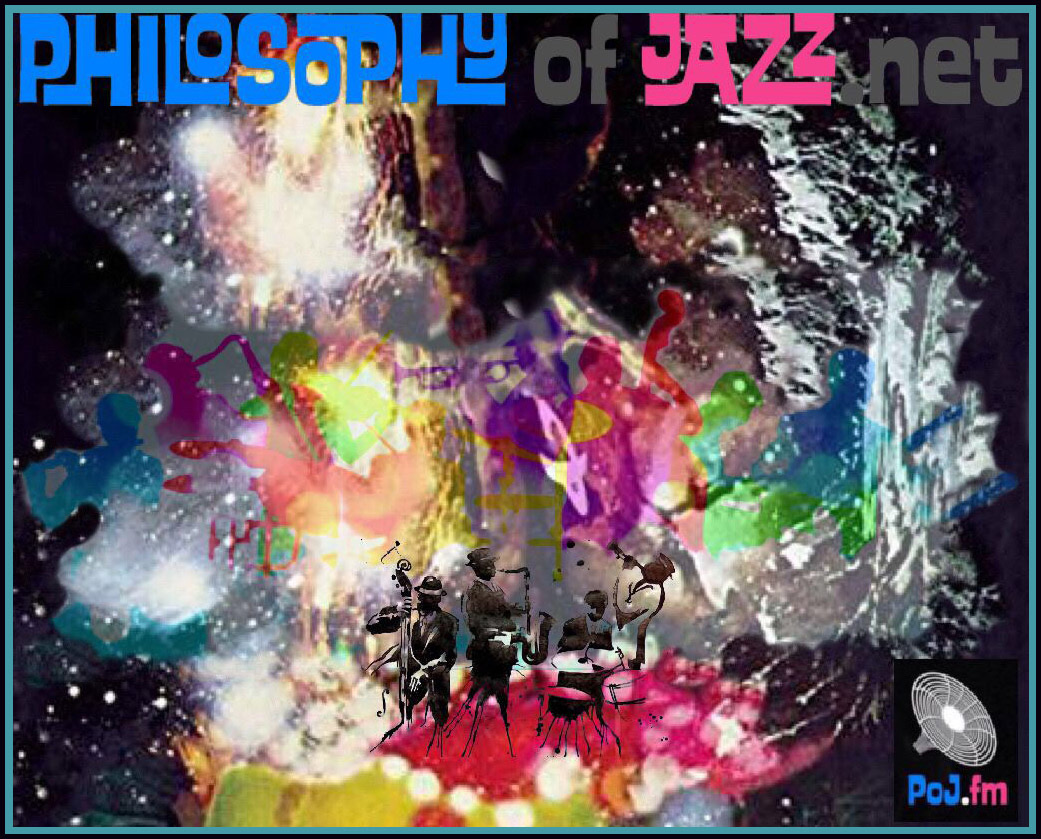Ontmeta5. Does jazz have emergent properties?
Contents
Discussion[edit]
What are emergent properties?[edit]
- Emergent properties are ones that could not have been predicted from knowledge of a system's prior properties. They are new and different features from the properties in the system at some earlier stage in time. They emerge as a consequence of the system interacting as a whole.
Here is what Issam Sinjab from the Alumni University of Leicester & University of Sussex wrote on February 1, 2013 at ResearchGate:
"An emergent property is a property which a collection or complex system has, but which the individual members do not have. A failure to realize that a property is emergent, or supervenient, leads to the fallacy of division. In chemistry, for example, the taste of saltiness is a property of salt, but that does not mean that it is also a property of sodium and chlorine, the two elements which make up salt. Thus, saltiness is an emergent or a supervenient property of salt. Claiming that chlorine must be salty because salt is salty would be an example of the fallacy of division. In biology, for example, a heart is made of heart cells, heart cells on their own don't have the property of pumping blood. You will need the whole heart to be able to pump blood. Thus, the pumping property of the heart is an emergent or a supervenient property of the heart. Claiming that an individual heart cell can pump blood because the heart can would be an example of the fallacy of division."
- more definitions/explains of what is an emergent property.
Does jazz have such emergent properties?[edit]
- There are many complex questions concerning this question.
- One somewhat puzzling issue concerns whether a solo performer can produce a musical emergent property. For this property to count as emergent its characteristics cannot be identical to properties already had by the individual parts of the system. In this case the system is the solo performer herself.
- Typically, a jazz musician uses a musical instrument, such as a piano, saxophone, or harmonica, in addition to the performer's own body. Jazz vocalists, however, can use just their own voice and don't require any other machinery.
- Can either of these solo situations produce emergent musical properties? Musical properties are emphasized here over non-musical ones because we know that non-musical emergent properties are easy to cause/produce. For example, by making the same mark on a piece of paper an individual can now have acquired the property of having voted, or answered a true/false question, or sent out an assassination order. These new properties an individual can acquire (voter, test answerer, assassination procurer) were not properties of any earlier parts of the system, in this case the system is the person, both her mind and her body parts. Acquiring the property of becoming a voter was the result of interaction between the person and the voting system machinery.
Martin E. Rosenberg in his Inflexions 4: Jazz and Emergence (Part One) From Calculus to Cage, and from Charlie Parker to Ornette Coleman: Complexity and the Aesthetics and Politics of Emergent Form in Jazz by Martin E. Rosenberg claims to prove that the laws of musical expression in jazz improvisations 'resonate with' the laws of complex systems in physics. Here's how he puts it:
We will discover that the laws governing the expression of musical thoughts in the irreversible duration of jazz performance, as they are capable of representation in music notation, resonate with those laws governing the laws of complex systems.[1]
What must be true for two sets of laws to resonate with each other? Can the two sets of laws resonate with each other, but be different sets of laws?
Later in the article, Rosenberg supports the claim that melody, harmony, and rhythm obey laws in a lawful manner.
"By musical promises, I refer to the material content of music as both information and affect, which, with respect to melody, harmony and rhythm, obeys laws comparable (up to a point) with the rules governing grammar and syntax in linguistics, or with the rules of any code for that matter."[2]
Internet Resources on Jazz and Emergence[edit]
NOTES[edit]
- ↑ "Jazz and Emergence (Part One) From Calculus to Cage, and from Charlie Parker to Ornette Coleman: Complexity and the Aesthetics and Politics of Emergent Form in Jazz," by Martin E. Rosenberg, p. 187.
- ↑ "Jazz and Emergence (Part One) From Calculus to Cage, and from Charlie Parker to Ornette Coleman: Complexity and the Aesthetics and Politics of Emergent Form in Jazz," by Martin E. Rosenberg, p. 189.
